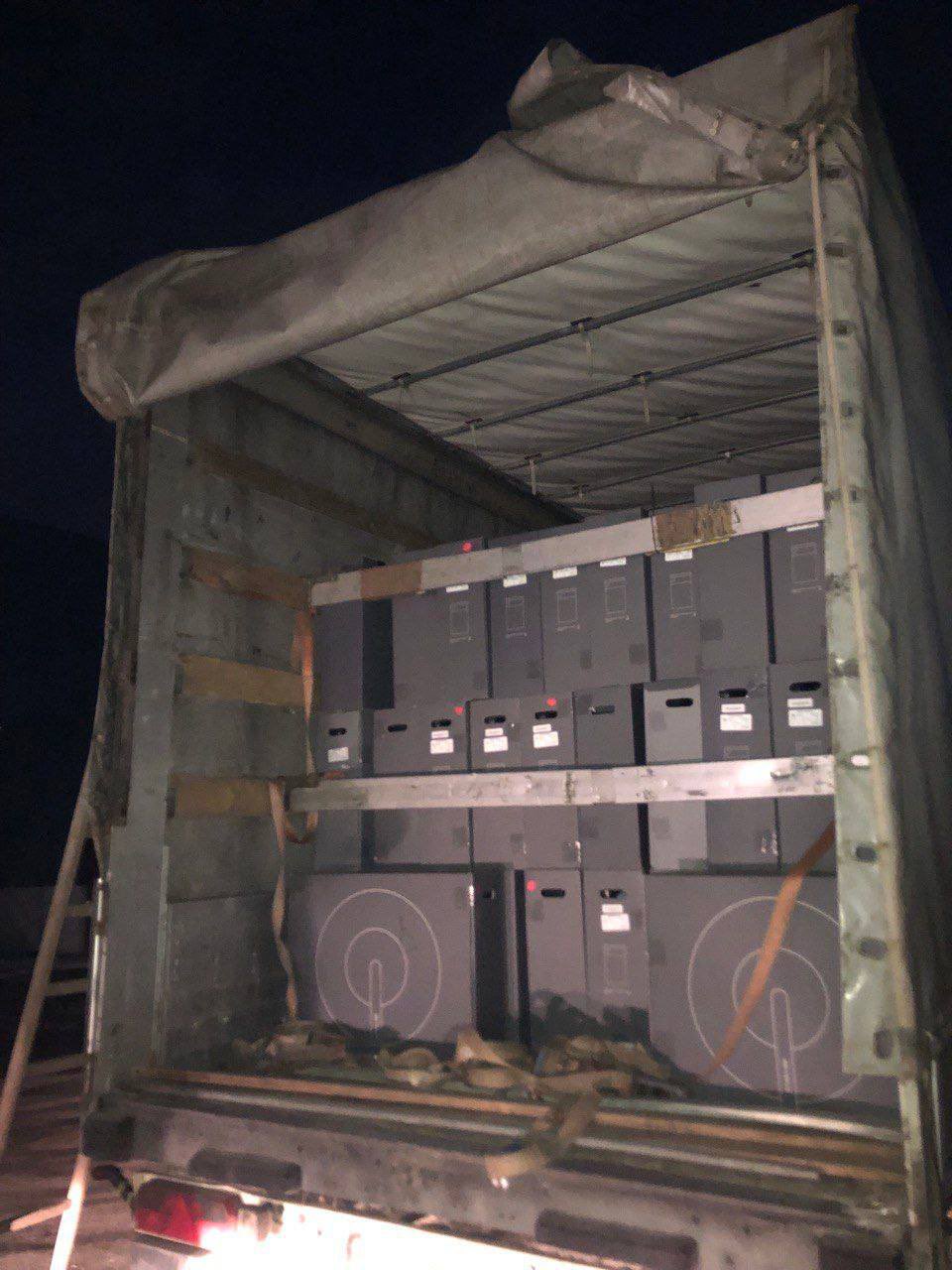Elon Musk says Russia is ramping up cyberattacks on SpaceX's Starlink systems in Ukraine
SpaceX has been trying to help Ukraine stay online amid the ongoing invasion, which began Feb. 24.

SpaceX's Starlink internet communications systems in Ukraine are experiencing increasing cyberattack from Russia, the company's founder Elon Musk said this week.
SpaceX, with the help of the United States Agency for International Development (USAID), has sent at least 5,000 Starlink terminals to the country, whose cities have been besieged by Russian forces since February.
But Musk says it's been a difficult environment. "Starlink has resisted Russian cyberwar jamming & hacking attempts so far, but they're ramping up their efforts," he wrote on Twitter Tuesday (May 10).
According to a Reuters report, which Musk also shared, a coalition of countries have said that Russia backed a cyberattack against satellite internet systems that ultimately pulled tens of thousands of modems offline shortly after Russia invaded Ukraine Feb. 24.
Related: Russia's invasion of Ukraine as seen in satellite photos

British Foreign Secretary Liz Truss said the attack against Viasat's KA-SAT network was "deliberate and malicious," Reuters stated, and the Council of the European Union said the hack caused "indiscriminate communication outages" in Ukraine and several member states. The attacks were confirmed by the United States, Canada and Estonia, Reuters added.
"After those modems were knocked offline, it wasn't like you unplug them and plug them back in and reboot and they come back," the U.S. National Security Agency's Director of Cybersecurity Rob Joyce told Reuters. "They were down and down hard; they had to go back to the factory to be swapped out."
Get the Space.com Newsletter
Breaking space news, the latest updates on rocket launches, skywatching events and more!
Reuters added that while the full impact of KA-SAT's outage has not been disclosed, the entity does provide connectivity to Ukrainian military and police units. This may imply an operational impact for first responders.
As for Starlink, USAID said in April that SpaceX's terminals will provide Ukraine with "unlimited, unthrottled data connectivity," even if fiber optic or cellular communication infrastructure connections are severed.
Space reporter Joey Roulette of Reuters tweeted that most of the 5,000 terminals and associated Internet service — 3,667, to be exact — were donated directly by SpaceX at a cost of "roughly $10 million." USAID purchased the remaining 1,333 terminals.
Follow Elizabeth Howell on Twitter @howellspace. Follow us on Twitter @Spacedotcom and on Facebook.
Join our Space Forums to keep talking space on the latest missions, night sky and more! And if you have a news tip, correction or comment, let us know at: community@space.com.

Elizabeth Howell (she/her), Ph.D., was a staff writer in the spaceflight channel between 2022 and 2024 specializing in Canadian space news. She was contributing writer for Space.com for 10 years from 2012 to 2024. Elizabeth's reporting includes multiple exclusives with the White House, leading world coverage about a lost-and-found space tomato on the International Space Station, witnessing five human spaceflight launches on two continents, flying parabolic, working inside a spacesuit, and participating in a simulated Mars mission. Her latest book, "Why Am I Taller?" (ECW Press, 2022) is co-written with astronaut Dave Williams.









